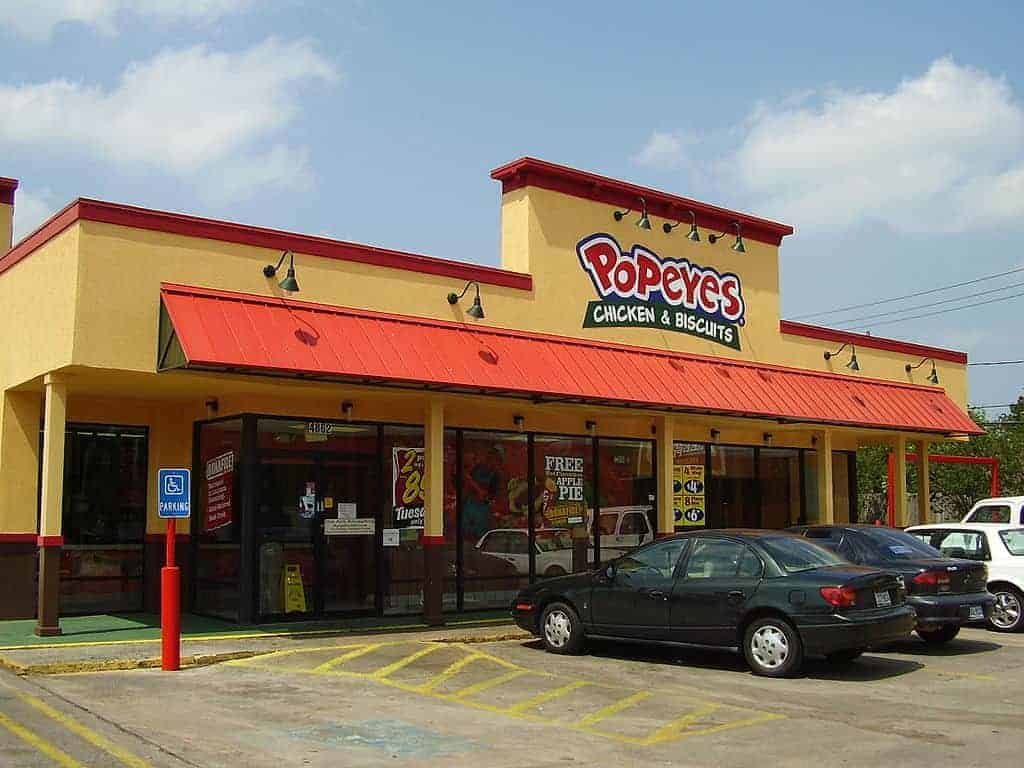At a current price of $80 per share, Restaurant Brands International Inc. (TSX:QSR)(NYSE:QSR) offers a dividend yield of no less than 2.85%. As the parent company of Canada’s best-known restaurant brand, Tim Hortons, it continues to turn out money at the expense of franchisees and their employees — all to the benefit of shareholders.
In spite of a lot of bad press as of late, the parent company has taken steps to keep investors happy, going far beyond the Tim Hortons division. Over the past year, the assets, which include Burger King and the Popeyes, have started to take a on more central role. Following the Peter Lynch model, just paying attention to what is happening around us can offer huge insights into what’s coming.
For investors in Restaurant Brands, simply walking around the downtown core of Toronto is extremely telling: new locations of Popeyes are sprouting up! You can’t miss them because of the bright orange colour.
What this means for shareholders is a lot of good news. After experiencing top-line revenue growth of 6.25% over the past few years, accompanied by bottom-line growth of 20.7% (from income from operations only), the company has taken steps to ensure that this growth will continue well into the future. The dividend has increased from $0.44 per share to no less than $0.92 per share over this same period of time (from 2015 to 2017).
As the dividend-payout ratio (as a function of income from operations) over the past three years has come in at a very reasonable 36.5% (2015), 42% (2016), and 29.6% (2017), there remains a substantial amount of room for future increases, as both the top-line and bottom-line numbers are increasing at a rate that is much higher than the industry average. To make things even more attractive, more independent restaurants are ceasing operations, as the costs to run a small business are becoming crippling to many entrepreneurs.
Who is left? Who is dependable?
The bad news for consumers (and the good news for investors) is those who remain are the largest players in the market. As a national burger chain, Burger King is one of the very few names that is recognized by almost all Canadians across the country, and the restaurant business continues to be dominated by large corporations. Investors need not worry about the long-term profitability of the industry, but instead they should concern themselves with the valuation of the companies in which they invest.
At the current price, the price-to-earnings ratio is a very reasonable 14 times, as the company continues to grow at an above-average rate. As for the dividend, if we assume that the bottom line continues to increase at the current rate and the payout ratio continues on its current path, investors should not be surprised to see any less than $100 per share. Only time will tell just how much of an increase the latest expansion will provide.









